MISOGYNY IN MUSIC.
As an organisation that advocates largely for Women in Music, we’ve been engaged in many first hand conversations & heard many horror stories, from women within the music industry and the barriers they face. Stories like, a young female artist who can’t get her music from a producer because she won’t sleep with him, or a female manager who's experienced being completely ignored throughout her own recording session, which is dominated by an all male audience. Although these behaviours are most definitely not all men, with such a speedy growth of cultural figures such as Andrew Tate and his male incels, it raises huge concern when we’re considering the next generation of young women entering into the industry.
Does society reflect the music or is the music just a reflection of society?
Gender stereotypes are plentiful in music, and the phrase ‘misogyny’ is banded about frequently, but what is it really all about? Straight from the Wikipedia website, it states ‘Misogyny in rap music refers to lyrics, videos, or other aspects of rap music that support, glorify, justify, or normalize the objectification, exploitation, or victimization of women. It is an ideology that portrays women as objects for men's ownership, use, or abuse.’
The barriers of entry and sustainability for women in music are testing, with women not being taken as seriously, facing exploitation, being under or not paid at all and failing to receive credit for their work. When we take a look at the songwriting world, approximately only 15% of registered music is attributed to women, and in Production around only 3% of all music played on radio is produced by a woman. All this, despite the great number of women who contribute with their incredible skills & knowledge on records everyday and who are overly-qualified for both career paths.
The recent UK Music Diversity Report 2022 reveals that although more young women are accessing the industry at an early stage, women start to leave the music industry by their mid-forties. So we have to ask, why is the Music Industry not able to retain music careers for women? And how much does the male gaze play a part in this?
Black Women & Misogyny.
It is challenging to be a woman in music with it being so male-dominated, and an additional layer is added for women who are Black. Charisse Beaumont, co-founder of Black Lives In Music, recently gave evidence to the Parliamentary Inquiry of Misogyny in Music. In 2021, BLim’s first of it’s kind Being Black in the UK Music Industry Report uncovered that women of colour faced ongoing sexualisation and objectification whilst working in the UK Music Industry and also disclosed that White Male Music Professionals earn 52% more than Black Female Music Professionals per month.
Charisse recently sat down to speak with Chinaire Austin in her short documentary - Barriers Black Females Experience While Navigating Through The U.K Music Industry - and discussed just a few issues affecting Black Women in Music today.
Addressing gender and ethnicity inequality in music is essential to the Industry’s future success. Feelings of degradation & barriers to progression affect women’s mental health severely, with 42% reporting a decline in their mental well-being since joining the industry. Women from minor ethnic backgrounds also feel the pressure to change something about themselves for acceptance in the Industry. In addition to avoiding predatory behaviour from ill intentioned men, it is reported that Black women feel the need to code-switch, to change their name, lighten their skin or adapt their hair style/texture to be more appealing & to receive more opportunities. Imagine what the future could look like if women were able to just turn up as their best selves, creatively and professionally!!
The wider structure of the music business is being challenged. Recently, UK Music, released the findings of their House of Commons Women and Equalities Committee Misogyny in Music Inquiry, in which they conclude ‘Misogyny exists in society, as it does in music and in every walk of like...There is an opportunity for the UK Government and devolved governments to support the work the industry is already doing to address unique or ubiquitous structural causes of inequalities in the sector. This includes educating the industry (and predominantly men) about misogyny, misogynistic tropes.’
There’s much work to be done to stamp out misogyny in music and this year GIRLSofGRIME will be championing International Women’s Day’s theme of embracing equity - GIRLSofGRIME x IWD 2023!! We aim to inspire all leaders, not just women leaders, to mentor and support women in the industry and help us get ahead and overcome barriers - after all we are all in this TOGETHER.


